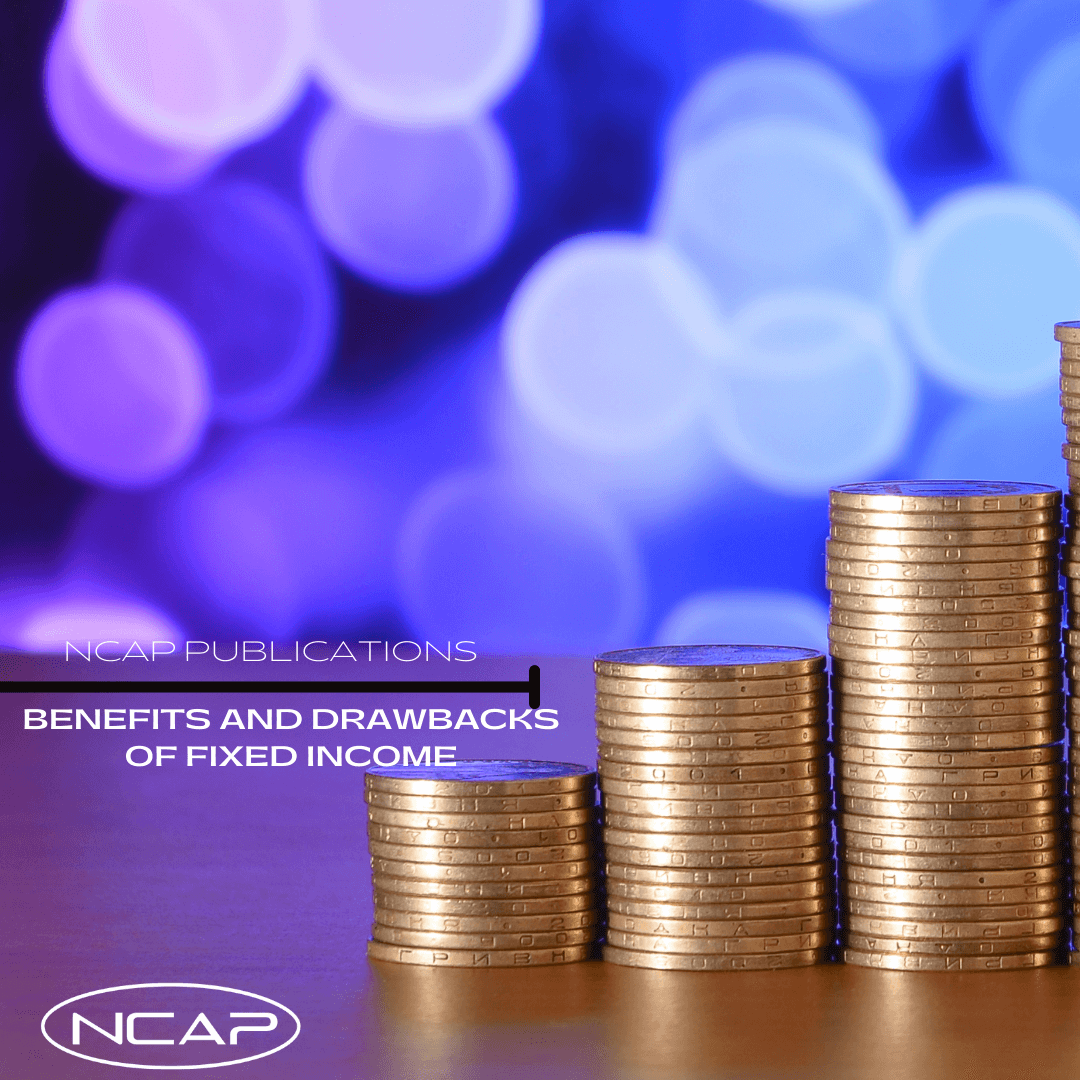What is Fixed Income Investment?
Fixed Income Investments refer to any investment whereby a borrower has a fixed payment schedule to adhere to. The most common fixed-income type is bonds; click here to learn more.
Fixed Income Investments are generally considered less risky than shares as the income from bonds is paid out before share dividends, and bond pay-outs take priority.
The term ‘Fixed Income’ could also refer to a person’s income that does not vary over time. This could include Fixed Income Investments that guarantee a Fixed Income – pensions, preferred stocks, or bonds. Those that financially retire solely on their pension are known to have a Fixed Income.
Benefits of Fixed Income Investments
Fixed Income Investments are popular due to the likelihood of receiving steady returns on investments. According to Barclays UK, there has been an increase in the popularity of bond funds since 2016. Fixed Income Investments offer a variety of benefits to the investor, including:
Strong capital returns. Fixed Income assets can generate good returns. As with any investment, the higher the risk (investment), the higher the potential return.
- Generate steady income for the investor.
When done correctly, Fixed Income Investments can become a person’s principal income. This is due to the regulated intervals of payments. The investor knows when to expect revenue from the investment, leaving the ability to rely on the income as the person can financially plan and predict.
- Portfolio diversification.
Fixed Income Investments are widely regarded as a reliable way to grow a wealth portfolio as they carry lower risk than stocks. This is due to the reduced sensitivity to macroeconomic risks (economic downturns or geopolitical events).
- Tax benefits.
Some Fixed-Income securities have preferential tax treatment. Some payments may be exempt from federal and state income taxes, mostly occurring in America.
- Capital protection/preservation.
Unlike stocks, Fixed Income Investments have contractually agreed to repay the bonds, no matter the effects of potential market fluctuations. Therefore, Fixed Income Investments have far more security than stocks, offering protection seen as very attractive to investors.
Drawbacks of Fixed Income Investments
Here are some potential downsides of Fixed Income Investments:
- No growth above interest rate.
Unlike equities, bonds pay exactly the amount of interest promised. This means that investors do not participate in further gains from the bond issuer’s commercial activities.
- High barriers to entry.
Some Fixed Income Investments have high minimum investment requirements, meaning they could be inaccessible for some investors. However, NCAP offers UK Bonds accessible from as little as £25K.
Achieve Fixed Interest on your Savings
To find out more about Fixed Income Investments or speak to a specialist member of our team, call us on +44 (0) 208 6293606 (United Kingdom), +971 4 580 0818 (Dubai), email us at [email protected] or make a free online enquiry here and we will contact you.


Recent Comments